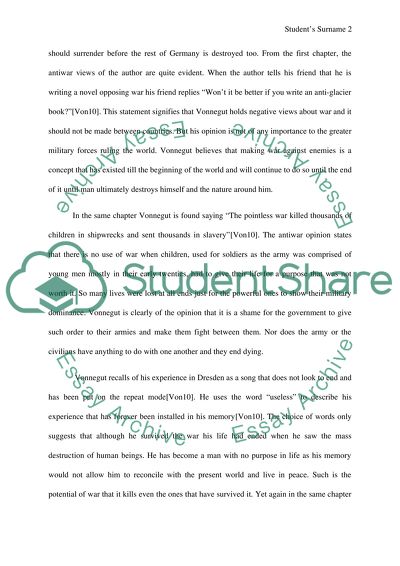Cite this document
(“Slaughterhouse-Five by Kurt Vonnegut Essay Example | Topics and Well Written Essays - 2000 words”, n.d.)
Retrieved from https://studentshare.org/literature/1486129-essay-assignment
Retrieved from https://studentshare.org/literature/1486129-essay-assignment
(Slaughterhouse-Five by Kurt Vonnegut Essay Example | Topics and Well Written Essays - 2000 Words)
https://studentshare.org/literature/1486129-essay-assignment.
https://studentshare.org/literature/1486129-essay-assignment.
“Slaughterhouse-Five by Kurt Vonnegut Essay Example | Topics and Well Written Essays - 2000 Words”, n.d. https://studentshare.org/literature/1486129-essay-assignment.


